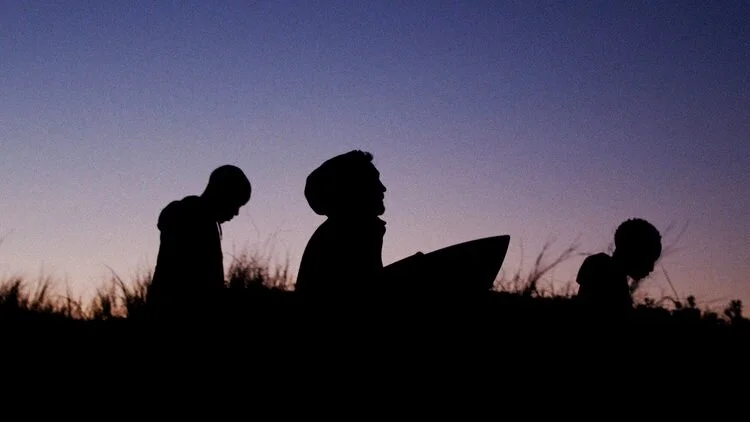Watch: The Ocean's Heroes

They don’t have podiums where they can eloquently mobilize communities and nations. They don’t wear coloured wristbands or t-shirts proclaiming their solidarity to a veritable environmental cause. If anything, they are largely overlooked. However, they are reported to be responsible for collecting up to 90% of South Africa’s recyclables. Crowning them among our environment’s foremost heroes.
STREET SURFERS
Anyone roaming the streets of Johannesburg has seen men pulling makeshift flat-bed trolleys on the roadside from sunrise to sunset. They are generally spotted sailing past on empty trolleys or steadily heaving as they pull loads of plastic and cardboard, far beyond their body size, to the nearest recycling depot. Their trolleys are sometimes jokingly referred to as “Ferraris” and they are called “waste pickers”, “reclaimers” or “street surfers”. Estimates suggest that there are 200 000 nationwide. They have their tussles with motorists for lanes on our roads and are usually spotted outside homes rummaging through bins on municipal collection days. Their relationship with other members of the general public range from amicable to hostile. What has not been apparent to most, however, is just how hard they work, how challenging the conditions are, and just how much of a struggle it is for them to “make ends meet”.
RECYCLING’S HEROES
Street surfers roam up to 50 km a day under dangerous conditions. Their exhausting line of work requires them to collect up to 100 kg of recyclables to earn a mere R300 ( $20/ €18 ). The Department of Environmental Affairs reports that they have been the missing link in the waste management sector. Isolating them as the collectors of 90% of South Africa’s post-consumer packaging and paper. In so doing, they save municipalities up to R750 million (USD$ 51 million/ € 46 million) in landfill space annually. Despite them being the backbone of the recycling industry, they have yet to be integrated into the formal waste management sector and deliberations regarding that process have been an ongoing challenge.
STREET SURFERS DOCUMENTARY FILM
In the award-winning documentary, Street Surfers by Eyeforce, professional big wave surfer and marine activist Frank Solomon meets and learns more about a community of “street surfers” in landlocked Johannesburg. Mokete “Kwena” Mokete and Thabo “Paku” Mouti from Devland, Soweto, skate Solomon through how they indirectly serve the environment through recycling as a means of income generation. Street Surfers offers unfiltered insights into how individuals from different worlds can and do serve the same purpose and, in so doing, develop mutual respect and special friendships as they experience each other’s realities. The special climax of the exceptional documentary film was the joy of observing the Kings of Recycling enjoying the ocean that they proactively protect on a daily basis.
CORONA X PARLEY
In 2017 Corona and Parley united to put an end to marine plastic pollution, with the intention of protecting 100 islands. Under the banner “plastic doesn’t belong in paradise”, they organised clean-ups along coastlines around the world. This year, in collaboration with Corona Ambassador Frank Solomon and filmmakers at Eyeforce, they expanded their awareness campaign to South Africa and produced this documentary to draw eyes to the Protect Paradise campaign and to encourage landlocked communities to be part of the solution to ending marine pollution. For Parley, “…ocean activism isn’t restricted to the coasts. Leadership is needed inland and upstream, where plastic begins its journey to the sea”. Thus far their campaign has achieved 519 completed cleanups, by 25 808 volunteers, who have cleaned just under 4 million square meters to date.
Award-winning documentary directed by Arthur Neumeier, starring Frank Solomon, Mokete Mokete and Thabo Mouti.
RESPECT
No matter their outward appearance or nationality, reclaimers and street surfers play an invaluable role in ocean and general environmental protection. At the very least they deserve our respect and some form of consideration to help them do their jobs more efficiently. Simple things like sorting your waste for collection day or being a more patient motorist when you see them about their business, would make a difference. It wouldn’t hurt to make way for them either. After all, they are the Kings and Queens of Recycling.
All images by Corona x Parley






